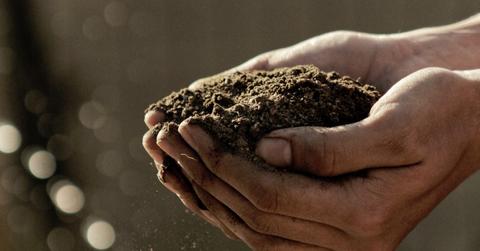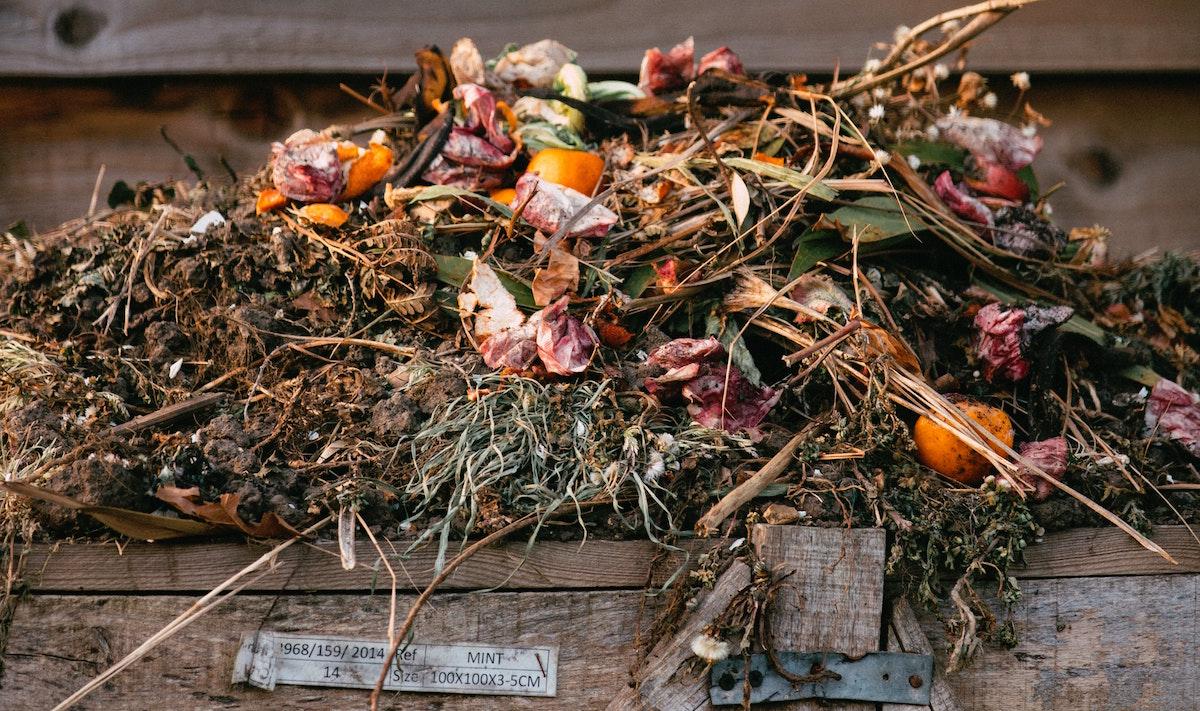DIY Tips for Making Your Own Composting Toilet
Updated Jan. 26 2023, 12:07 p.m. ET

One of the biggest concerns when choosing to live off the grid has to do with the bathroom. Many folks find themselves at a loss for a solution without a dedicated sewer system. Fortunately for them, though, composting toilets exist. Understanding how to make a composting toilet can open up a world of new possibilities in terms of off-the-grid living, while simultaneously allowing you to become that much more eco-friendly.

What is a composting toilet?
When we say zero waste, we don’t mean a composting toilet will entirely eliminate waste. Composting toilets are about transforming our literal, human waste into something useful. According to Farming My Backyard, composting toilets combine human waste and straw with sawdust, wood ash, or crushed leaves to create a hygienic, usable compost.
Despite the high heat involved in the composting process, composting toilets do not smell and the biological process they facilitate is one of the most natural ones on Earth. Many composting toilets are available for purchase and involve complicated machinery or miniature treatment systems, but all you really need to get started is a bucket and a dream.
How to build a composting toilet:
There are many ways to build your own composting toilet, but many of them depend on your living situation. For instance, those who live in recreational vehicles use different contrivances, have different dimensions, and have different needs than those who live in tiny houses. Because of these differences, we’ve settled on a general construction method, one that can be modified depending on your specific bathroom needs.
1. Separate chambers
According to Green Citizen, composting toilets work by separating the liquid from solid waste. The liquid typically gets drained via urine diverter pipe into a separate bucket which can be emptied by hand. Meanwhile, the solid waste is then mixed with sawdust, ash, or other dry, organic material.
2. Gather hardware
You can find urine separators and most of the supplies you’ll need including wood, buckets, PVC plumbing equipment, screws, and even some of the electric components for exhaust fans at most hardware stores. Believe us when we say that you will probably want some kind of exhaust or aeration in that bathroom space. A funnel will also work as a urine separator in a pinch. For solid waste, look for large, easy to maneuver buckets, and for liquid, try narrow jugs with handles.
3. Build the box
No matter the size of your composting toilet, most DIY instructions insist that you build the box first. You’ll want to construct it out of sturdy plywood or wooden planks with a durable, plastic seat. As far as proper height goes, Green Citizen recommends that you try sitting and squatting at different heights to determine the most comfortable bathroom position. Then, just measure accordingly and make sure your bucket and urine container fit comfortably inside.
4. Add comfortable holes
When you cut the hole and attach the toilet seat, make sure that you measure out the proper position for your rear. You want to make sure that the solid waste goes in the composting bucket and the liquid waste goes into the urine separator, so keep multiple users in mind when creating the toilet. You don’t want cross-contamination here, because the separation is what keeps away the smell.
5. Collect absorbent materials
According to Yuzu Magazine, the best materials to use for composting toilets include carbon-based “browns” such as dry leaves, pine needles, dryer lint, shredded paper, or dry mulch. The most commonly used material, however, is sawdust. It’s easy to come by, super absorbent, and often has a bit of a woodsy odor that helps mask any other troublesome odors.
6. Saving space
Composting toilets don’t have to be big or complex, which is why so many people choose them when living in smallish living spaces. The DIY instructions for the composting toilet below are courtesy of Imee Made and are perfect for folks looking to install a composting toilet in their mobile home, van, or RV.
In the end,, there are many right ways to make a composting toilet, you just need to search and find the best method for you. With these basic tips, we have no doubt your compost toilet will do its job.
This article, originally published on July 30, 2021, has been updated.